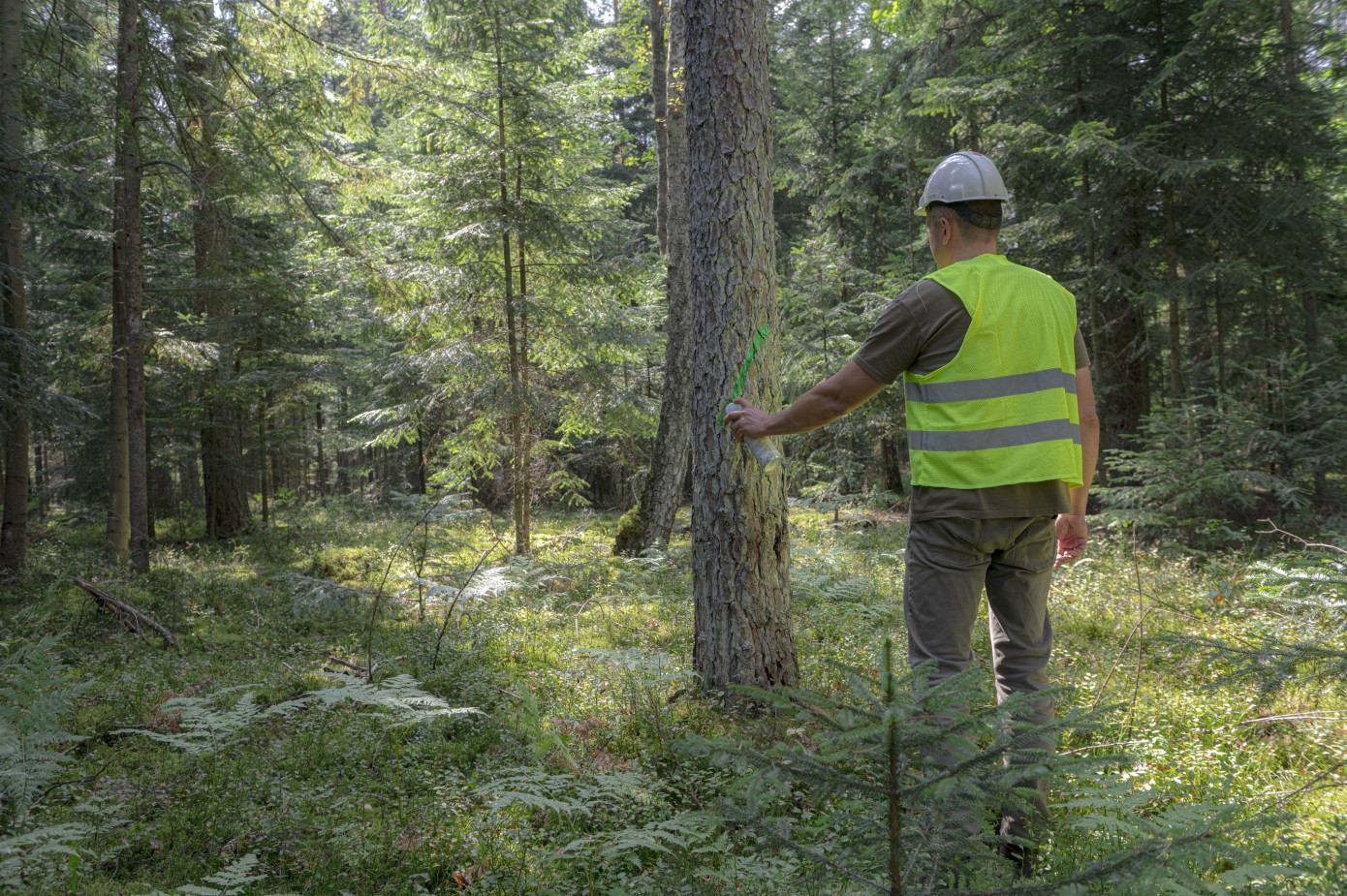IKEA has allocated 16 thousand hectares of forestland in Latvia for a research initiative to explore, test, and scale climate-resilient and biodiversity-supportive forestry practices. The project involves Inter IKEA Group, Ingka Group, the European Forest Institute (EFI), and Preferred by Nature, and will begin with trials on IKEA-owned forests in Latvia, as Inter IKEA Group confirms.
The pilot focuses on modifying existing forest management techniques using scientific evidence and practical insights. Techniques under review include closer-to-nature forestry and continuous cover forestry, both aimed at preserving ecosystem services, improving forest structure, and maintaining productivity without clear-cutting. These approaches will be tested across different European forest types.
The aim is to create adaptive forest models that increase resilience to climate change, enhance biodiversity, and support long-term carbon storage. Inter IKEA Group and Ingka Group are fully funding the research and providing forestland for the trials. The partnership seeks to balance economic viability with ecological performance, targeting forestry that conserves biodiversity while sustaining supply.
Marcus Lindner, Head of EFI’s Resilience Programme, said the institute will review the latest scientific knowledge and provide the foundation for improved management strategies that respond to growing climate pressures and biodiversity loss. EFI is an international organization backed by 30 European states and specializes in policy-relevant forest research.
Preferred by Nature will contribute expertise in certification, sustainable land use, and ecosystem services. Executive Director Peter Feilberg stated the partnership allows for long-term rethinking of forest genetics, species composition, and silvicultural systems in light of shifting climate conditions. He emphasized that lessons from the project could help shape forest certification systems and affect supply chains beyond IKEA’s own forest holdings.
IKEA plans to apply successful models from this project not only to forests it owns or sources from but also to influence broader industry standards. Findings will be integrated into established certification frameworks like FSC, with the goal of promoting responsible forest management practices across the global wood supply sector.
